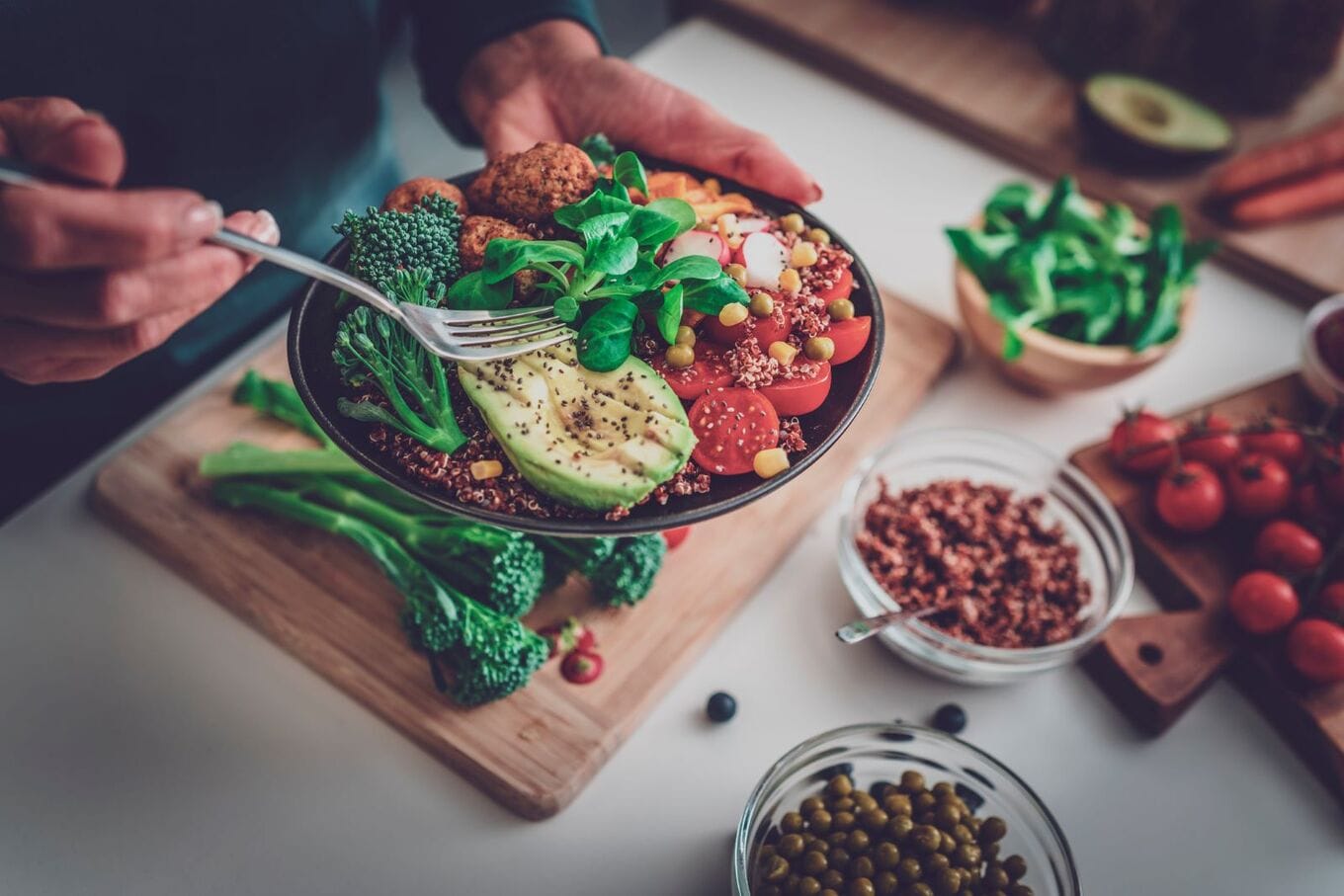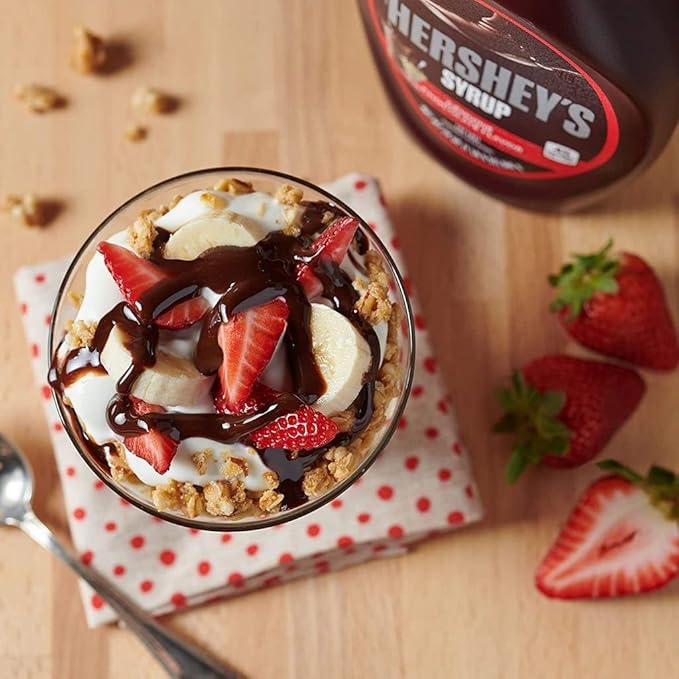Throughout the Great Depression, bologna was a lifeline for many people. Made out of discarded pieces of meat (in some cases, it even contained organs), it was cheap, accessible, filling, and easy to slap between two slices of white bread. But decades later, when faced with more competition on the shelves than ever, bologna meat started to fall out of favor. Until the arrival of Lunchables, that is.
Back in the 1980s, processed meat giant Oscar Mayer—now owned by Kraft Heinz—developed the popular prepackaged meals in an attempt to make bologna meat appealing again, and it worked. Lunchables—which now contain a variety of processed meats, alongside processed cheese and crackers—were an instant hit with families all over the US, and they have been a mainstay on shelves ever since. Last year, they even made it onto school lunch menus.
The kid-friendly kits have not often been considered healthy (in ‘94, one pediatric cardiologist called them a “nutritional disaster”), but recent reports indicate that Lunchables contain potentially high levels of harmful chemicals, including lead and cadmium, as well as high levels of sodium. And now, thousands want them off of school menus for good.
Table of Contents
What chemicals are in Lunchables?
According to Consumer Reports, which tested 12 Lunchable kits and compared them with similar competing products, Lunchables contain “relatively high levels of lead, cadmium, and sodium.”
Lead is a toxic metal, and research suggests that, over time, it can have harmful effects on our health. It is a particular risk to children, as their bodies absorb lead more easily than adults. Cadmium, a known carcinogen, is another heavy metal that often gets introduced to food during processing.
Sodium is an essential mineral for health, but in high levels, it can be damaging, leading to increased blood pressure, and in turn, an increased risk of chronic disease. According to Consumer Reports, some of the Lunchables tested accounted for nearly half of the recommended daily sodium limit for a child.
“Sodium leads to fluid retention, increasing the volume of blood that the heart must pump around the body,” Stephanie Wells, MS, RD, ACSM-CPT, recently told VegNews. “Consistently high blood pressure can place excessive stress on the heart over time. It can place you at higher risk for cardiovascular diseases, especially if you are especially sensitive to salt.”
Nearly all of the kits also contained phthalates, toxic “everywhere chemicals” that are also linked with a higher risk of a number of diseases, including heart disease and cancer.
All of this is on top of the fact that most Lunchables are built around processed meat, a food that the World Health Organization classifies as a Group One carcinogen.
“There’s a lot to be concerned about in these kits. They’re highly processed, and regularly eating processed meat, a main ingredient in many of these products, has been linked to increased risk of some cancers.” —Amy Keating, RD
Should schools serve Lunchables?
Consumer Reports believes that, given its findings, Lunchables should be taken out of schools. Right now, the National School Lunch Program offers two of the lunch kits to children: Turkey & Cheddar Cracker Stackers and Extra Cheezy Pizza.
“Lunchables are not a healthy option for kids and shouldn’t be allowed on the menu as part of the National School Lunch Program,” Brian Ronholm, Consumer Reports’ director of food policy, said in a statement.
“The Lunchables and similar lunch kits we tested contain concerning levels of sodium and harmful chemicals that can lead to serious health problems over time,” he added.
“The USDA should remove Lunchables from the National School Lunch Program and ensure that kids in schools have healthier options.” —Brian Ronholm, Consumer Reports’ Director of Food Policy
Kraft Heinz, however, stands firm on its position that Lunchables can offer children important nutrients. A statement from the company notes that the kits, some of which now feature fresh fruit, offer a “good source of protein” due to the meats and cheeses they contain. The statement also noted that Lunchables “meet strict safety standards.”
However, a petition from Consumer Reports, which is asking the USDA to remove the kits from the school lunch program, shows that many people think differently. At the time of writing, it has more than 18,270 signatures.
 Pexels
Pexels
“We think our kids deserve better choices,” the petition reads, before addressing the USDA directly. “Even in small amounts, lead and cadmium can cause developmental problems in children, with risks increasing from regular exposure over time. And eating too much sodium can lead to high blood pressure: about 14 percent of children and teens have prehypertension or hypertension.”
It asks: “Please remove these processed food kits from the lunch program, and offer our children healthier choices.”







